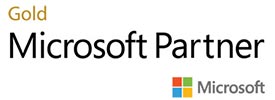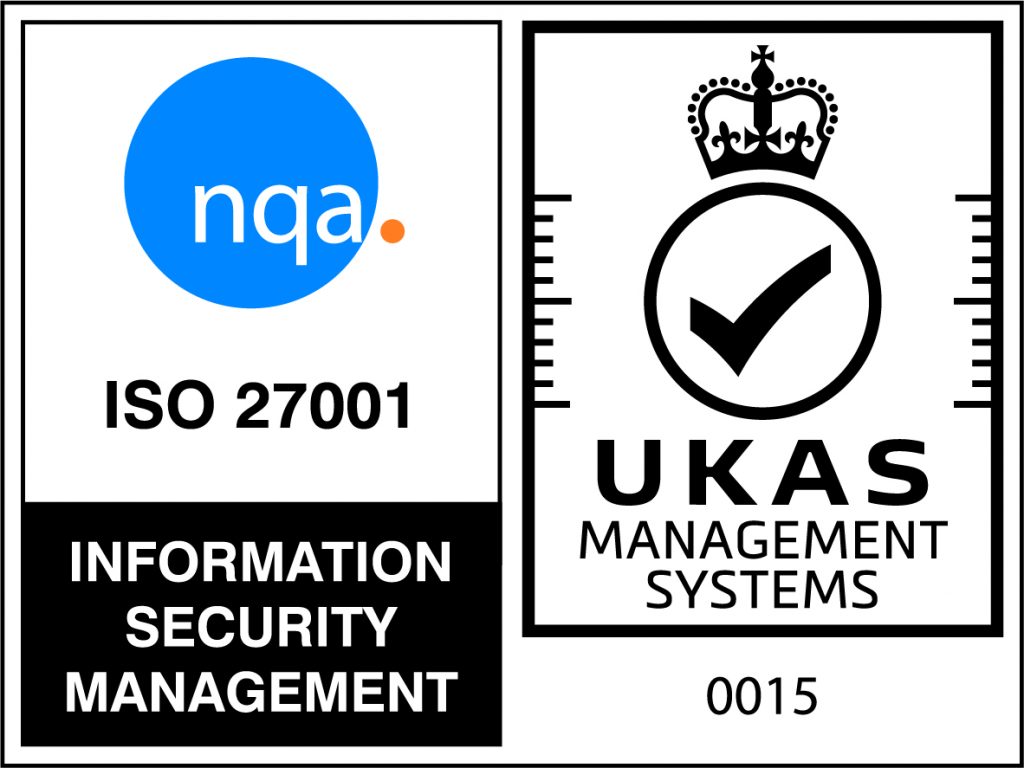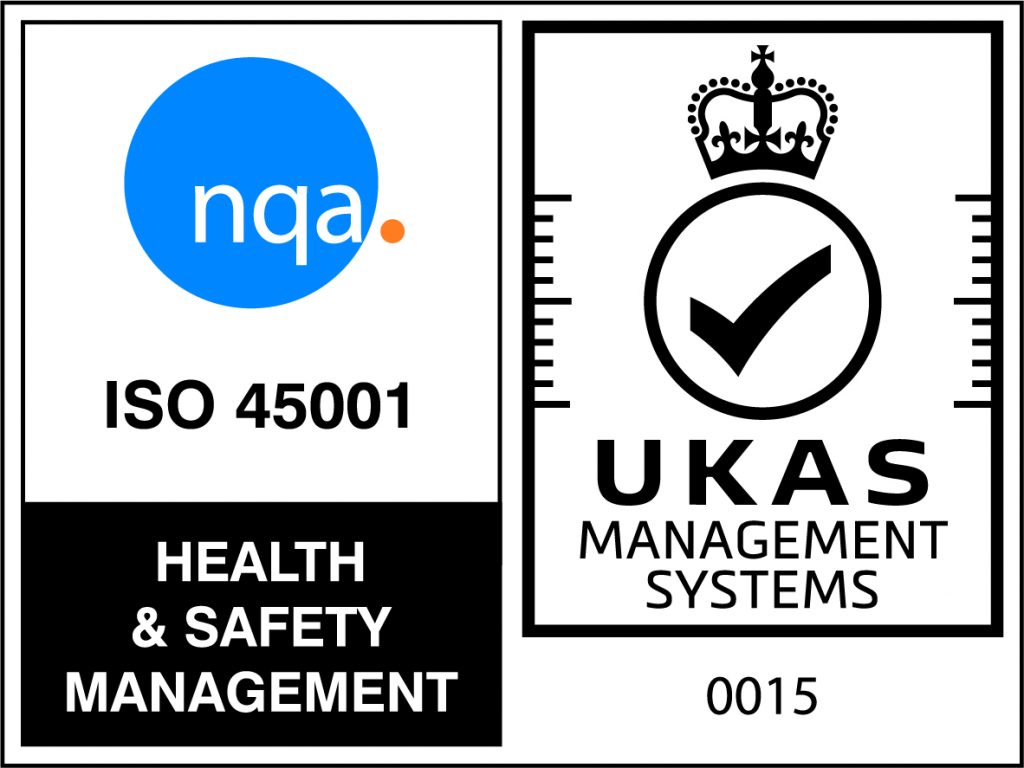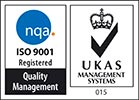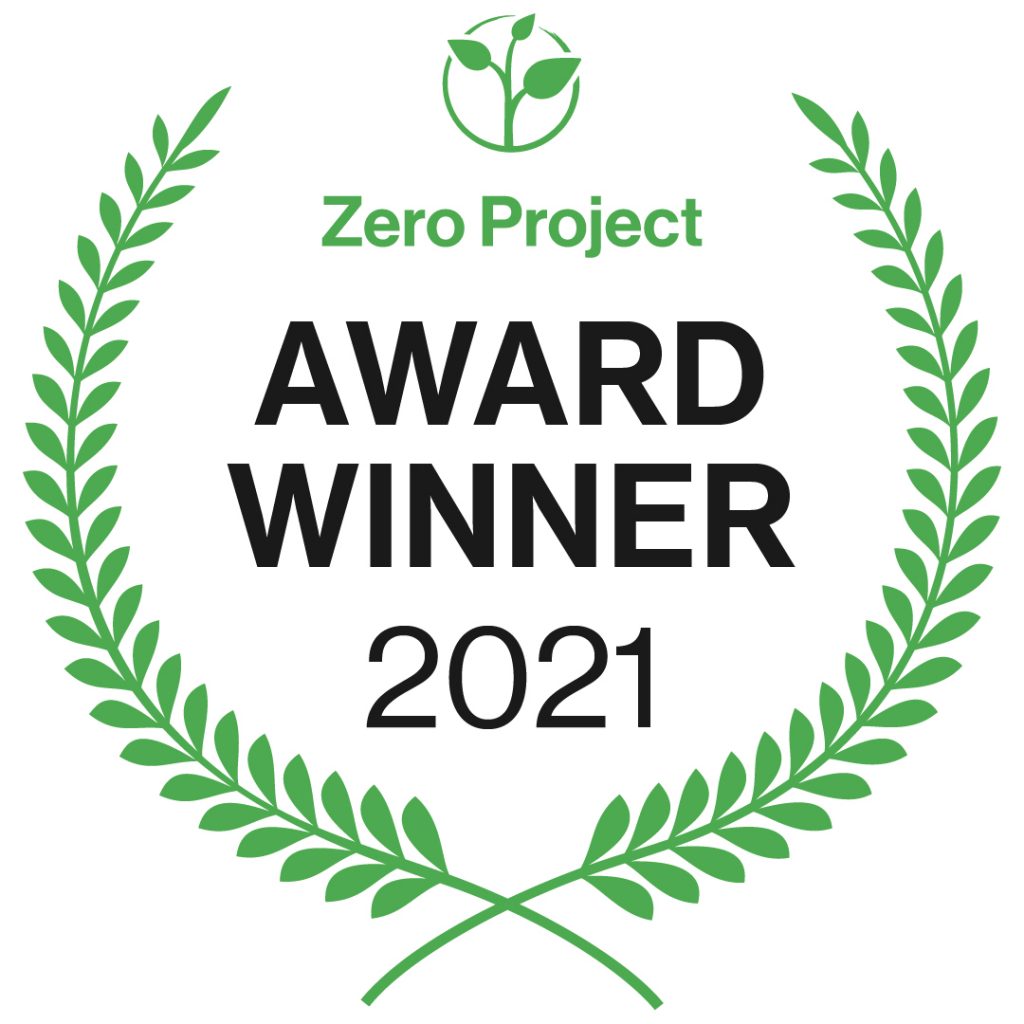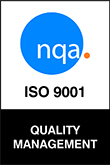Keith chats about assistive technology with Dr Nasser Siabi, OBE. Nasser is the CEO of Microlink PC, which aims to provide disability management and assistive tech to the workplace. He was awarded an OBE in 2011 for his contribution to helping over 300,000 disabled people transition from education into work. He is also a founding member of the British Assistive Technology Association (BATA) and part of the DWP Disability Employer Engagement steering group. The Q&A below is a summary of a podcast between Keith and Nasser, recorded in June 2023.
Keith Valentine and Dr Nasser Siabi talk about assistive technology, inherited eye conditions and more
Key breakthroughs in assistive technology
Keith Valentine, CEO of Fight for Sight / Vision Foundation: I wonder if you could reflect on some of the key breakthroughs you think have happened with assistive tech and how that’s impacted the ability of disabled people to integrate into the workforce.
Dr Nasser Siabi OBE: A lot of good, mainstream technologies were driven by accessibility and assistive technology needs. Texting, screen readers [and] today, whether your fridge talks to you or whether you’re sending in a text message on your mobile phone, they all came out of trying to address the needs of the blind people 40 years ago or 30 years ago.
With Alexa, you’re doing your shopping by voice command, which came about again as kind of a disability need for people who couldn’t interact with computers. Now voice command is built into every device, every product. Before, technology had a disability price tag on it. Thankfully, we’ve done away with a lot of those [price premiums].
A driver for innovation
Keith Valentine: It feels like the requirements of disabled people and the way that businesses are responding to that has been a driver of innovation. Is that right?
NS: Absolutely. When you try to deal with the fringe because [the] law said you had to, or society forced you, then you realise using those techniques, or those technologies to help those on the fringe benefits others. For example, Dragon Naturally Speaking is very popular among disabled people.
But law firms use voice recognition to do their report writing because it cuts out the need for a PA to convert the voice into text.
“You make life accessible to the most needy, you’ll find everyone in society benefits”
You make life accessible to the most needy, you’ll find everyone in the society benefits. Lift the bottom 20%, the top 80% will go up. You can always lift the 80% and leave the 20% behind. And that’s what I always say to people, the 80 / 20 always reverses.
You have 80% of students in the classroom who are capable and don’t need anything done differently. The 20% don’t engage the same way, and they’re left behind. Later in life, that 20% becomes 80% of the problem that society doesn’t know how to fix. So, pick them up, the 20%, lift them up, give them access, equal access, and then you find the other 80% start performing even better.
And that’s what I think assistive technology has influenced. Niche products have made their way into the mainstream, and they are making working life so much better for everyone.
Different needs for assistive technology
Keith Valentine: People with even the same eye condition and the same level of sight can have differential needs for assistive technology.
So, there will always be a need for certain elements of tailoring.
Nasser Siabi: Absolutely. We are not going to do away with bespoking certain technologies for people because we are a population ageing. We have one in four, one in five people living with a condition that impacts the day-to-day. And for that, we need to do things slightly differently.
But what I’ll come back to here is to recognize the worth of human beings.
We have to nurture and to treasure and to benefit and harness the talents we’ve got. As a business, if I’ve employed people who are working at 70 to 80% of their capacity, as a selfish businessman, I want to make them to perform at 100%.
Change is so small, and it’s so transformational, and it’s so cheap. Why not? It’s an attitude change.
Disability used to be a scary subject. Everybody assumed it can’t be that good. If he’s blind, how is he going to do a job? Talk to David Blanket. He will tell you how to do a job. He’s got such a memory, like an elephant. Honestly, he’ll never forget, and he’s so articulate, and he’s so off the mark. Everything he’s done is like superhuman qualities that nobody else can get because they’ve never had to.
That’s exactly what happened to me in my early life. I had loss in one eye and severe loss in the other. And I compensated for it by improving my memory because I had to memorize everything. Later in life, I restored my eyesight, but that memory stayed with me. I’ve got a very good recollection of every meeting, every conversation, every incident, every kind of situation I’ve been in for the past 30 years.

 Back to News
Back to News








